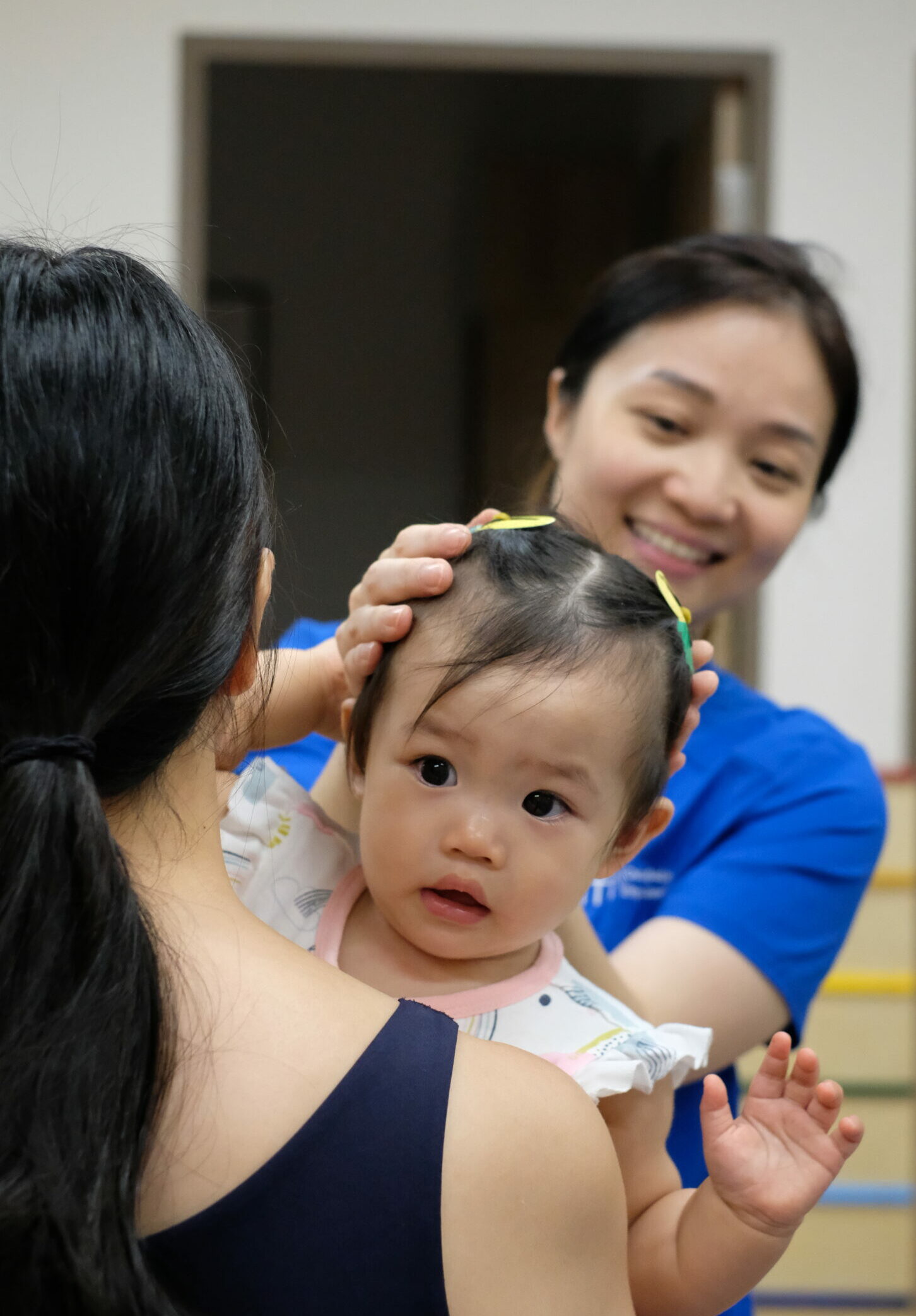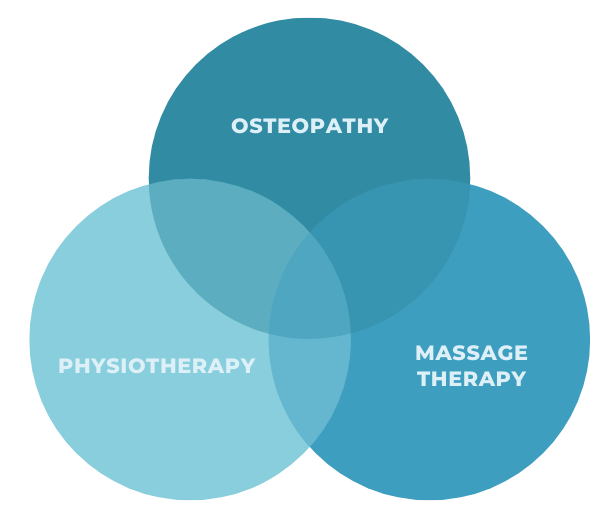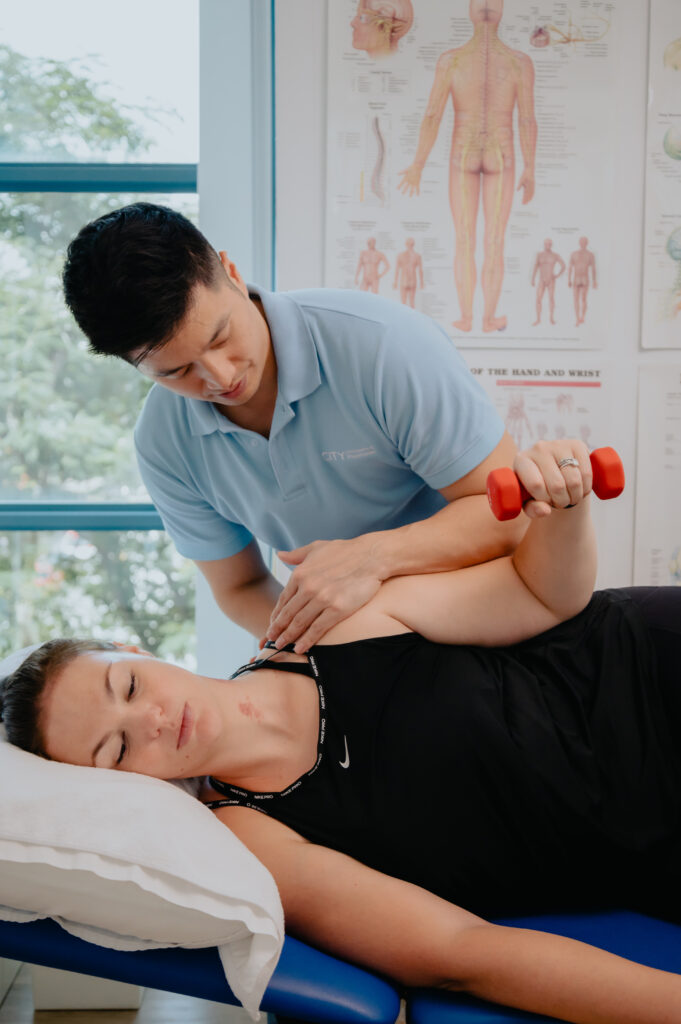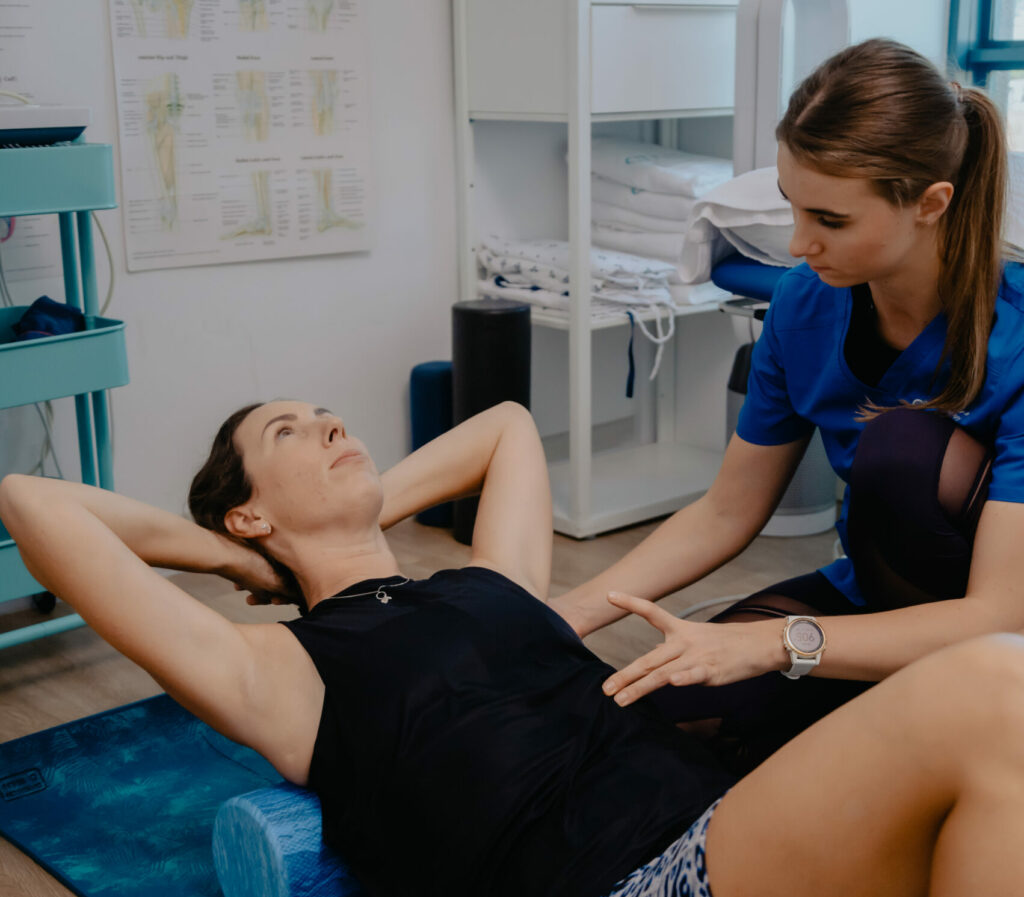Hillary is a seasoned physiotherapist from Toronto who specialises in paediatric physiotherapy, focusing on children with developmental and neurological conditions.
Her expertise spans from aiding infants in achieving their first milestones to guiding young athletes through rehabilitation. Hillary emphasises early intervention and effective therapeutic approaches to help children reach their fullest potential and lead healthy lives.
She excels in treating conditions such as cerebral palsy, hypotonia, and developmental delays, employing a holistic approach that integrates education, communication, and engaging activities to support her young patients and their families.














